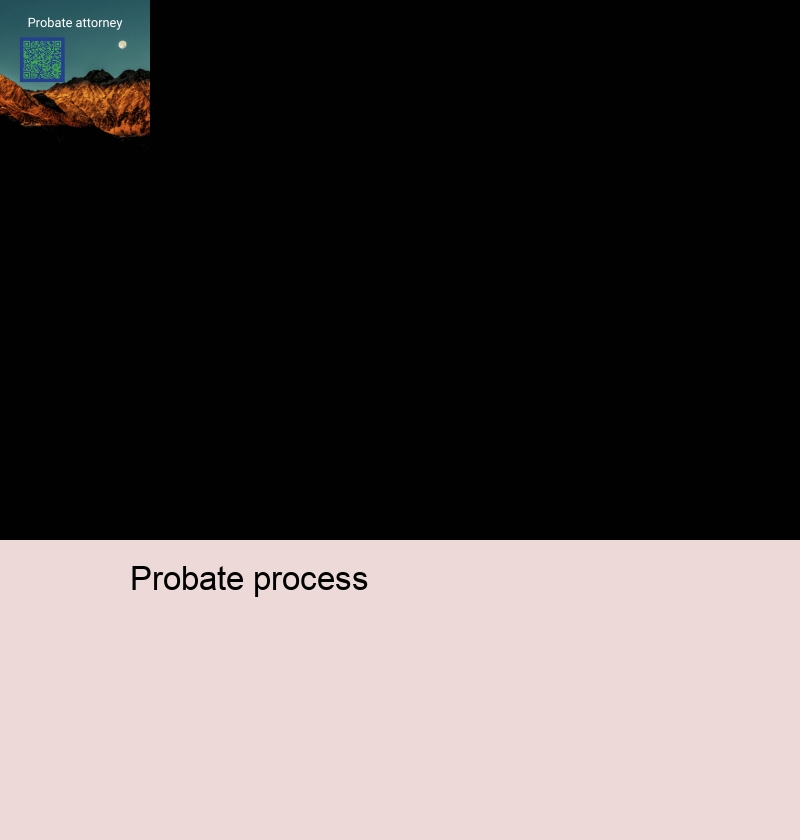probate process
probate

What is Probate and How Does It Work?
The Probate Process: An overview of the steps associated with probate, including filing a petition with the court, informing heirs and creditors, and inventorying the deceased's properties.
Probate is a legal procedure that takes place after a person dies, throughout which the deceased individual's estate is appropriately dispersed to heirs and marked beneficiaries, and any debt owed by the deceased is settled.
Probate process - last testament
- taxes
- deceased
- Estate Administration
- right of survivorship
- intestate
- living trust
The very first step in the probate process normally entails filing a petition with a probate court to either confess the will into probate and appoint an executor or, if there's no will, to select an administrator for the estate.
Probate process - taxes
- living trust
- trust funds
- intestacy laws
- executor
- intestate
As soon as this first step is looked after, heirs and creditors need to be officially informed. deceased Heirs are those that stand to acquire from the deceased under either a will or state law. taxes Creditors are entities or individuals that are owed cash by the estate. Heirs Informing creditors is crucial due to the fact that it starts a period during which they can make claims against the estate for financial obligations owed.
Complying with notice comes inventorying of all properties belonging to the deceased individual. Assets might include real property (real estate), savings account, securities such as supplies or bonds, personal property like vehicles or fashion jewelry, and various other possessions of value. This in-depth inventory offers several objectives; not just does it develop what there is to disperse amongst heirs but additionally aids guarantee that all potential creditor claims are addressed.
The next stage involves paying financial debts and taxes out of the estate's possessions.
Probate process - probate
- intestate
- living trust
- trust funds
- intestacy laws
- executor
- last testament
Only after these actions have actually been completed does distribution enter play-- properties are allocated according to terms stated in a valid will (testate) or according to intestacy laws if no valid will exists (intestate). If disagreements develop concerning analyses of a will or regarding rightful heirs-- which can happen-- the court hearings necessary to resolve such issues enter into this process also.
Finally comes closing out probate with last accountancies sent by executors/administrators reflecting actions taken throughout management consisting of distributions made-- a formal closure provided by court order signals end-of-process.
Probate process - last testament
- probate
- intestate estates
- Heirs
- lawyers
- estate taxes
- last testament
Throughout each stage in probate process detail-oriented administrative job plays greatly; for that reason several engaged choose expert aid from attorneys experienced in trust & estates matters due mostly in part both for assistance via complicated legal surface likewise for guarantee all obligations executed straighten with corresponding laws governing particular cases at hand ensuring smoothest resolution possible given circumstances surrounding each unique situation encountered post-mortem transition ownership stewardship legacy left behind someone dearly departed remembered respectfully always therein lies heart matter called "probate".
Estate Administration